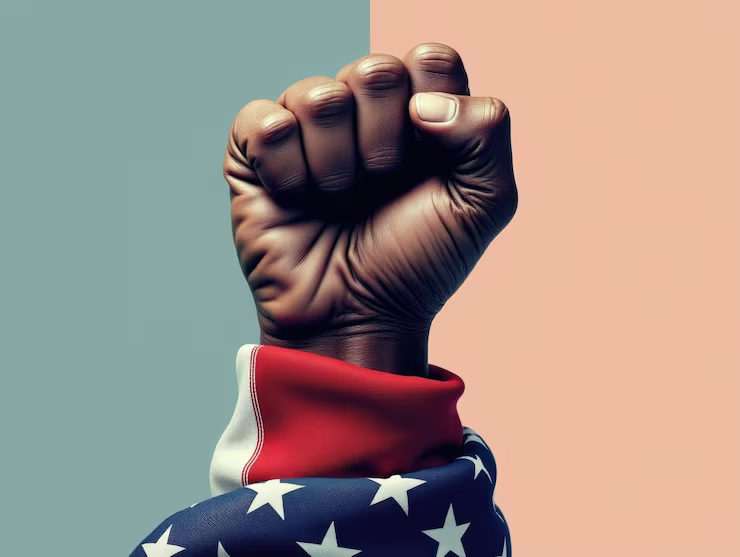What Is Power?

Let’s get on the same page about power. It’s one of the most important forces in life—and also one of the most misunderstood. So, let’s fix that.
Power Is Everywhere
We live inside a vast, invisible web I call The Power Mesh—a dynamic field of influence made up of leaders, followers, institutions, and systems. You’re in it every day: at work, in society, in politics.
Power is like electricity: you need to recognize, channel, and ground it—or it can shock, burn, or fade away.
It’s an energy that takes many forms:
- Scientists study power in atoms and galaxies.
- Biologists seek the power in DNA.
- Economists and financiers—many of us, in fact—see money as power.
- Virologists and mathematicians describe the doubling effects of disease as power functions.
But here in the Power Mesh, power is a social, political, and psychological force. It operates between people. It also lives within us—growing as our responsibilities expand and as we mature throughout life.
As a leader or follower, in politics or business, are you aware of your power? How do you use and channel it? Emotional, relational, institutional, and psychological power is all around you, waiting either to be harnessed—or to be given away or misused.
Power Is a Process—Not a Thing
Let’s debunk a myth:
Power isn’t a crown, a corner office, a loud voice, or a title. It’s not tanks, guns, or money. Those are symbols and tools of power.
Power itself is energy—not matter. It’s a process, not a possession. In myth and storytelling, it’s the invisible force behind light sabers, magical rings, and wands.
You can feel this energy when it’s at play. My first personal experience with institutional power came when I was ten years old. I wore a badge as a “police girl” and held a stop sign to help kids cross the street. When I put that badge on, I felt different—taller, stronger. That freckle-faced kid with a leg brace suddenly carried power. I could feel its physical energy.
Years later, working with leaders, I remembered that sensation and how power can flow through people. A business partner once described it as a “freaky button” being pushed when power shows up—something you can sense, and then choose how to use or respond to.
👉 The first power skill: recognize—and feel—when power is in play.
In the Power Mesh
At first glance, when people encounter institutional leaders, power can seem hopelessly unbalanced. Those with titles control resources and decisions, and others appear powerless.
Yes, elected and appointed leaders hold more institutional power. But they don’t hold all of it.
Power always operates in relationships—given, taken, shared. As John C. Maxwell said: “If you think you’re leading but no one is following, you’re just taking a walk.” I once saw a cartoon of a lone person running after a group with the caption: “I must run to catch up, for I am their leader!”
Power is also a relationship with yourself. Think of your willpower battling your impulses in everyday decisions: Will I have another drink? Will I go to the gym? Will I get out of my comfort zone? Will I prepare for a new role? These are all power struggles—within.
For too long, institutions have treated power as something rational, captured in job descriptions and contracts. But real power is more complex—psychological, social, emotional, often irrational, and it follows its own rules: the rules of the Power Mesh.
Claiming Your Power Is a Life Task
From birth to elderhood, life is a process of claiming and expanding power—and learning to use it wisely.
We’re designed to evolve through stages:
- Dependency →
- Self-responsibility →
- Influence →
- Legacy
This isn’t about domination. It’s about agency, energy, and responsibility. Our struggles with power can sharpen our capabilities and open new doors—or they can corrode our spirit, shrink our character, and damage our legacy, whether as leaders or followers.
Power requires vigilance, because its dynamics are often unconscious.
As a leader, the moment you stop being aware of how power operates around and within you, you’re vulnerable to its temptations.
As a follower, you risk sliding into dependency—ceasing to grow as a powerful human being in your own right. You may even collude in ways that erode your values and self-respect.
Where We’re Going
In future articles, we’ll explore:
- The psychological and emotional dynamics of power
- How power moves among leaders and followers
- The shadows that distort it—and the light that restores it
- How claiming your power shapes your impact, development, and legacy
- What’s happening right now in the Power Mesh
But for now, be alert. Notice when that internal power detector switches on.
Power is already in play—inside you, and all around you.
The question is: Are you using it—or is it using you?
— Pat McLagan


